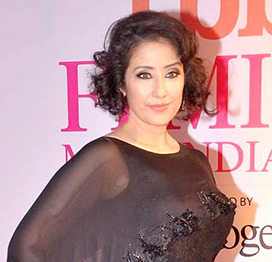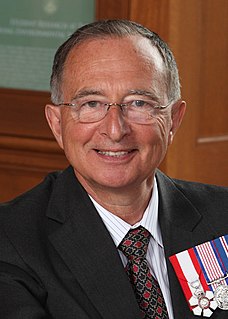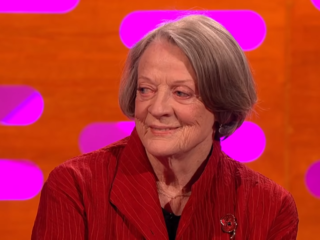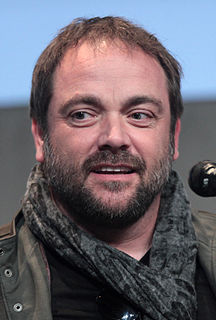A Quote by Manisha Koirala
Cancer treatment is very expensive, and the process is painful and long. This is something that we have to collectively think about, on how to make it affordable.
Related Quotes
With regard to testimony from various experts, there was pro and con. The argument was very articulately made that many provinces allow mature minors - minors capable of making the decision - to make decisions on their own treatment in very serious cases, including cancer. They are given the right to ask for medical treatment to be withheld, so long as they understand.
A noted cancer specialist in Boston said he believed that if some simple and inexpensive replacement for Chemotherapy for the treatment of cancer were found tomorrow, all US medical schools would teeter on the verge of bankruptcy, so integral a part of their hospital revenues is oncology, the medical specialty of cancer treatment
A cancer is not simply a lung cancer. It doesn't simply have a certain kind of appearance under the microscope or a certain behavior, but it also has a set of changes in the genes or in the molecules that modify gene behavior that allows us to categorize cancers in ways that is very useful in thinking about new ways to control cancer by prevention and treatment.
Cancer is too real, and too awful, and I can't make it good or magical. I couldn't even read a book where a character had cancer, for a while... But now I've reached a point where I don't think about cancer nonstop anymore, and sometimes I worry about that - I'm going to forget what I went through; I'm going to forget how horrible it was.



































